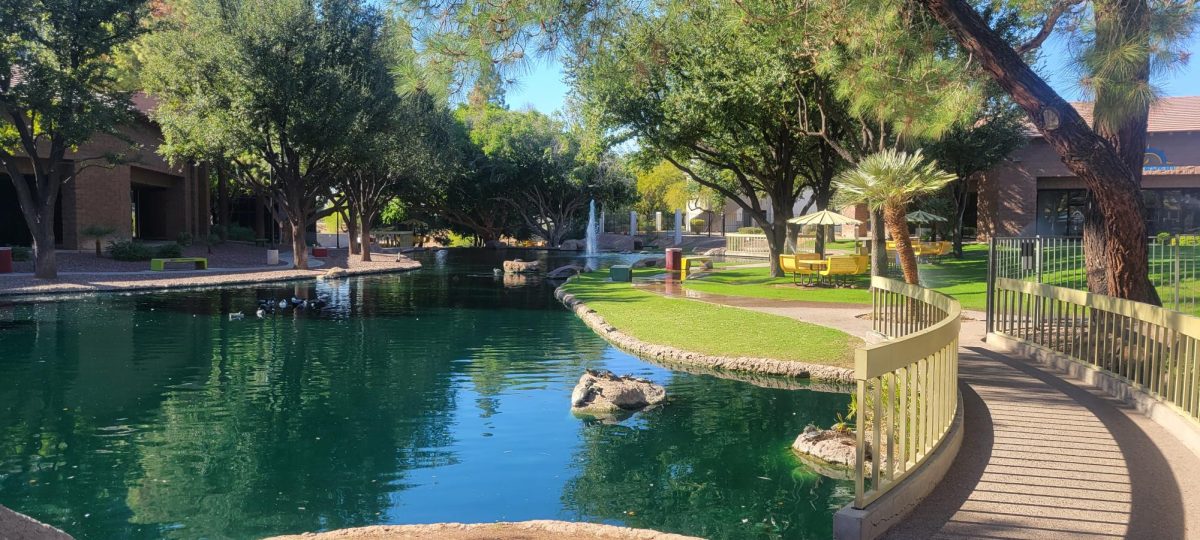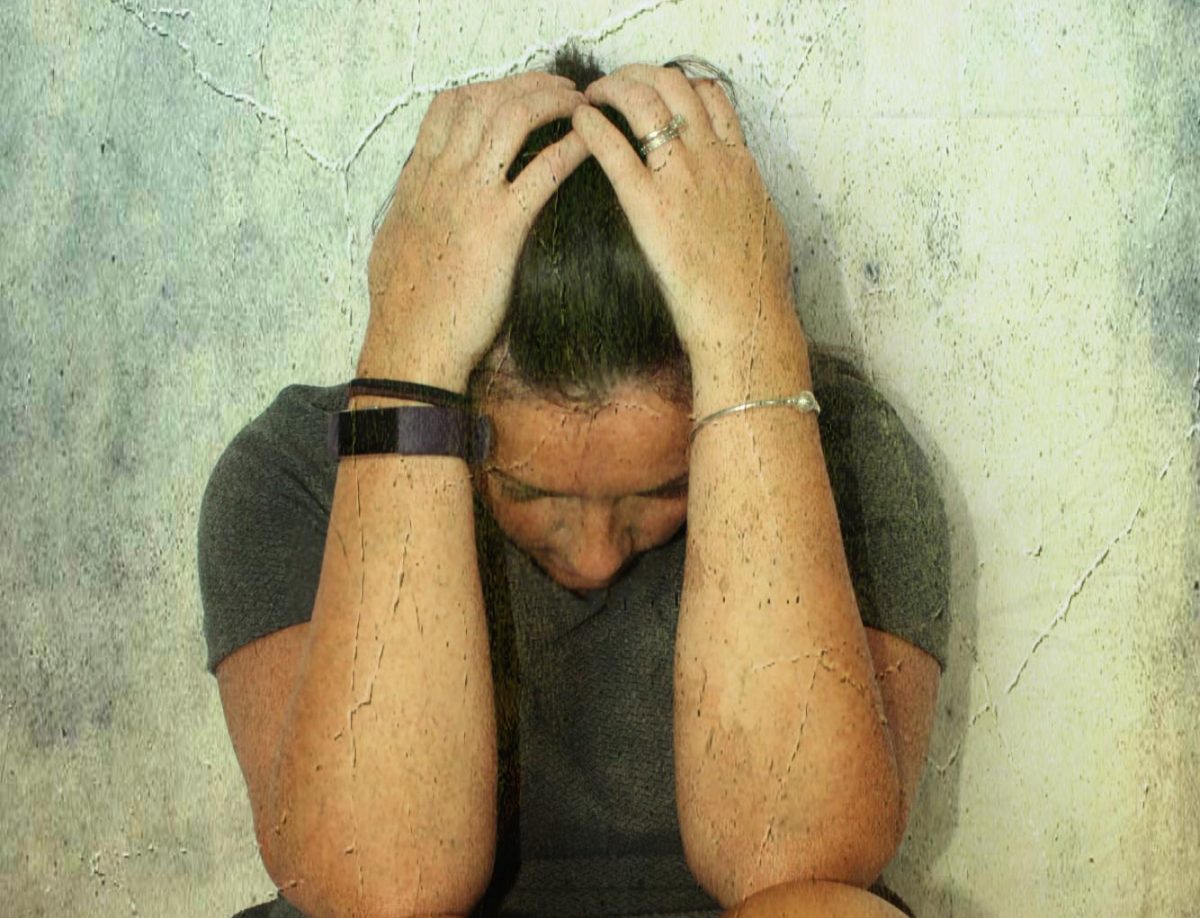The Southwest Institute of Healing Arts (SWIHA) is a holistic wellness education center that focuses on building a conscious community and awarding new insights to those looking to better themselves and the world around them.
Established in 1992 and accredited in 2003, SWIHA, located at 1538 E Southern Ave, Tempe, Ariz. features many accreditations across the board.
They offer a variety of programs for different education levels, certifications, diplomas, and even associate’s degrees.
Comprised of three different major entities, SWIHA focuses on all major wellness practices including Mind Body Transformational Psychology, Western Herbalism, and Professional Massage Practitioner.
Southwest Institute of Natural Aesthetics (SWINA) focuses on natural spa therapy and skincare with holistic and organic products.
The final chapter of their branches is Spirit of Yoga (S.O.Y.) which takes a more direct, deep dive approach into yoga teacher training, advanced yoga teacher training, and integrative yoga therapy.
All of these courses have their own unique traits and offer something for individuals seeking a path that is different from standard program offerings at regular community colleges or universities.
Dr. Brad Boute, Executive Director of SWIHA explained why SWIHA is different than traditional schooling.
“We don’t have a regular semester and our classes are not what you would expect. If you count traditional education as sitting in a room and being lectured with 200-300 other students, we are not traditional,” Boute said. “If you go back further than the Industrial Revolution for education… we are a very intimate, very hands-on learning experience.”
SWIHA has no current plans for physical expansion but are looking to expand online and add future curriculum that encompasses their vision.
“Online is our most fruitful place for expansion, the other place for expansion is the curriculum that we offer, trying to stay connected with what’s out there, not just in holistic healthcare, but what’s out there in the world that we can bring in and adapt to this holistic way of learning and application to the world,” Boute said.
While the school looks to expand their online offerings, there are no plans to become 100% online
“There are certain things here that can’t be accomplished unless you are sharing breath with somebody in that same space,” Boute said.
According to the owner of SWIHA, KC Miller, even though the school features unique programs and intimate class size, the it is not without detractors and obstacles to hurdle.
“Right now, in this current economy, there are threats that we are experiencing. We have big things happening in Washington, saying should we even continue to offer student loans to schools like SWIHA? Should we finance programs like massage? Those kinds of conversations are happening in Washington… and we are like are you kidding? The conversation that is the most alerting to us is saying… oh you can get rid of SWIHA—just send everything to the community college, and we are saying you really can’t because what we offer wouldn’t be available at the community college, as far as the resources that go into it and the small classes,” Miller said.
SWIHA has an aim to assist incoming students with issues and traumatic experiences they may have had while attending other schools.
“About five years ago we made the decision to become a trauma informed school, where we take into consideration the trauma that other people have had at other educational institutions. How many people have gone to community colleges or universities and said ‘this wasn’t for me—I felt like I was invisible—I was a number, and I’m coming here because you see me… you get that there was educational trauma as well as all of the trauma that all of us have coming in just growing up as a human being,’ so that to me is what would be very difficult to ever say you wouldn’t need a place like a SWIHA,” Miller said. “We look at where you are, where have you been and how can we move you successfully into the future, to serve in the world, make money in the world, and really function from a whole heart,” Miller said.








